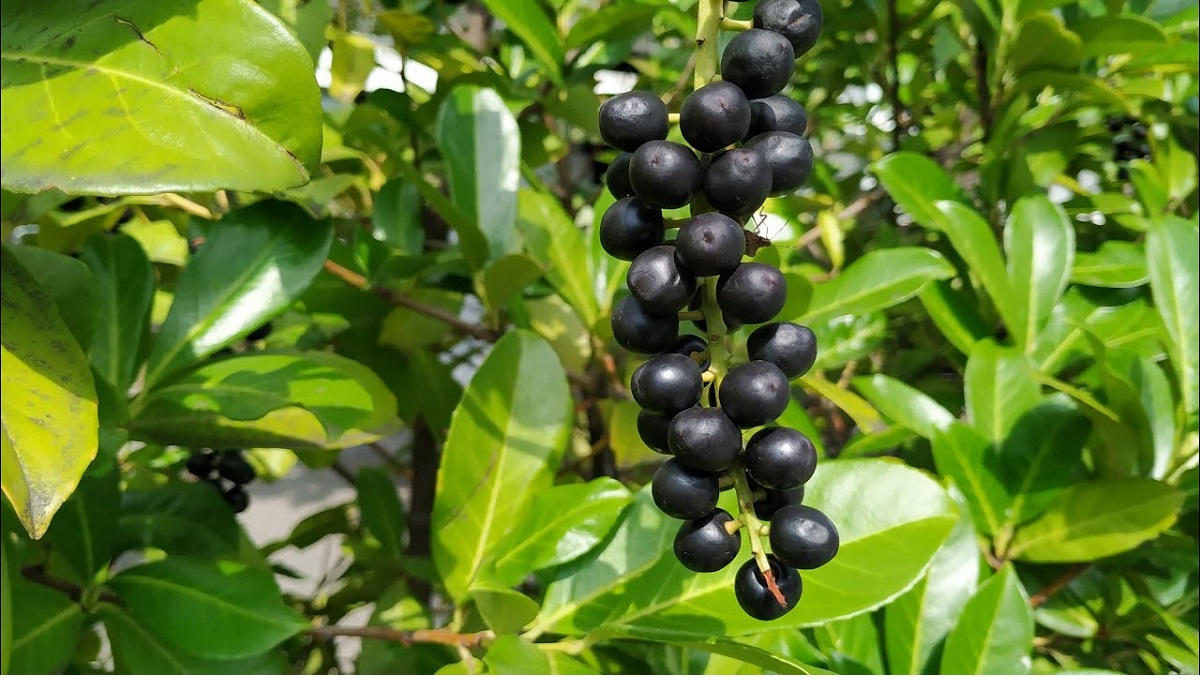Are Laurel Berries Poisonous to Dogs?
Yes, laurel berries are poisonous to dogs. Ingesting them can lead to serious health complications. Laurel berries pose a significant risk to canine health; if your dog consumes these berries, they can suffer from symptoms like vomiting, diarrhea, and even more severe conditions such as seizures or comas.
The laurel plant contains various compounds that are toxic to dogs and can affect their heart function. As a dog owner, it is crucial to be aware of the dangers that certain plants and berries can present.
Preventing access to laurel bushes and educating yourself about the symptoms of laurel berry poisoning are essential steps in protecting your pet.
Immediate veterinary care is necessary if you suspect your dog has eaten laurel berries, as prompt treatment can be vital in ensuring their well-being.
Conclusion
Wrapping up, laurel berry ingestion poses real risks for dogs. Prompt action and veterinary guidance are essential in these cases.
Keep your pets safe by monitoring their environment and removing any hazardous plants. Remember, preventing exposure is key to your dog’s health and wellbeing.
Frequently Asked Questions
What If My Dog Eats Laurel Berries?
If your dog ingests laurel berries, contact a vet immediately. Laurel berries are toxic and can cause serious health issues in dogs. Prompt veterinary care is crucial.
How Poisonous Are Laurel Berries?
Laurel berries contain toxic substances and can be harmful if ingested. The degree of toxicity varies, but it’s generally advisable to avoid consumption.
Which Type Of Laurel Is Poisonous?
The Mountain laurel (Kalmia latifolia) is known to be a toxic type of laurel when ingested, containing poisonous substances that can harm humans and animals.
What Are The Berries On A Laurel Tree?
Laurel trees bear small, cherry-like fruits called drupes. These berries, often in shades of black or purple, contain a single seed.
Can Laurel Berries Harm Dogs?
Yes, laurel berries contain cyanogenic glycosides, which can release cyanide when ingested by dogs, leading to poisoning.



